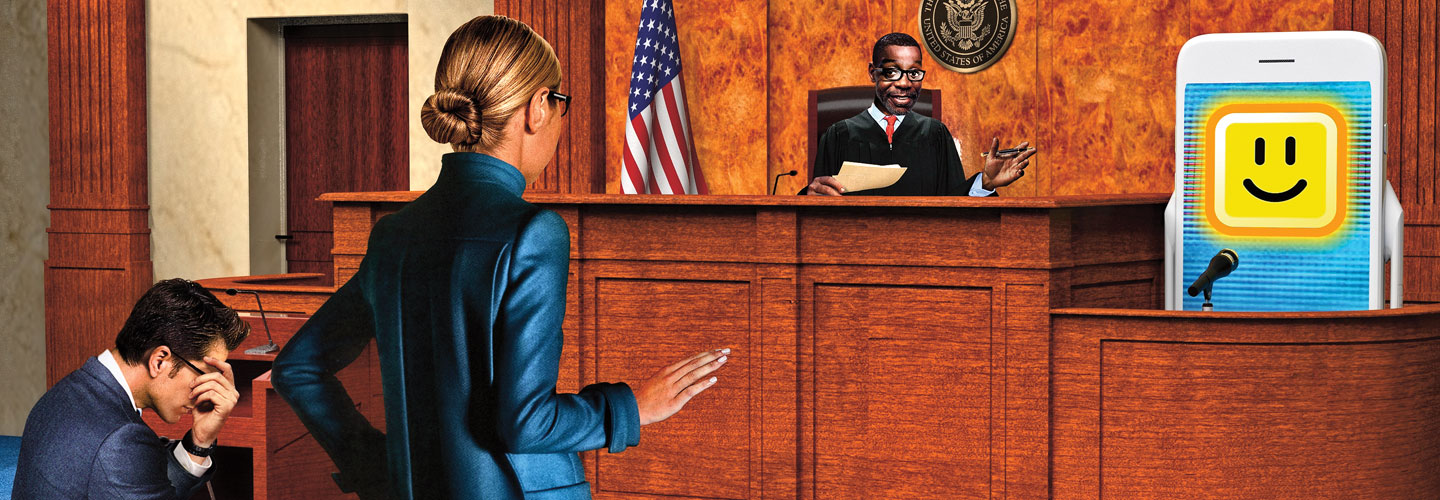Timothy Carpenter’s own cell phone gave law enforcement officials all the evidence they needed to send him to prison for 116 years.
According to federal authorities, Carpenter carried out a string of armed robberies of electronics stores in Michigan and Ohio between 2010 and 2011. How do they know? They accessed his cell phone’s location records. Those records show where you are whenever your phone is with you.





